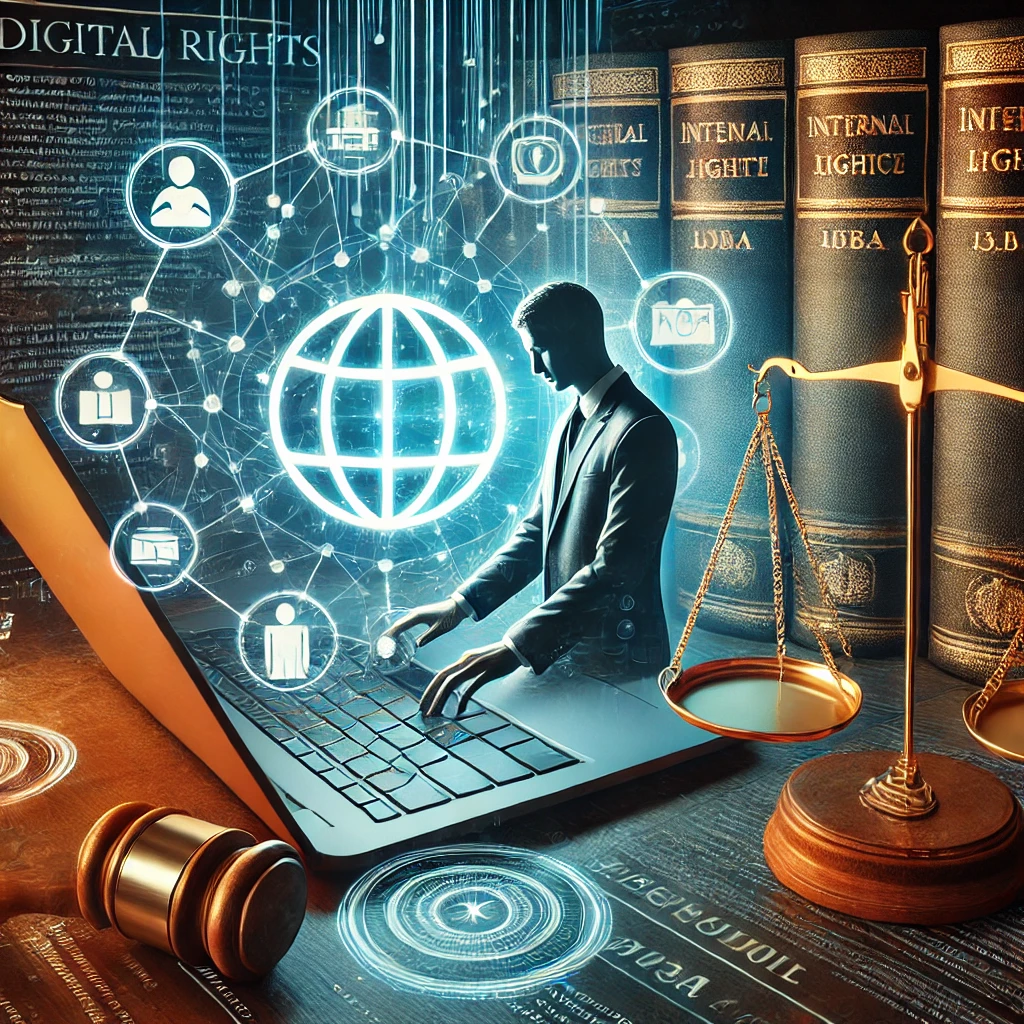
Supreme Court Issues Landmark Guidelines on Live Streaming of Court Proceedings
In a step that is poised to transform India’s judicial landscape, the Supreme Court of India has issued comprehensive guidelines to regulate the live streaming of court proceedings. This marks a significant move toward transparency and public access to justice, building upon the 2018 judgment in Swapnil Tripathi v. Supreme Court of India, which recognized the right to information as a fundamental right under Article 19(1)(a).
Why Live Streaming Matters
India’s courts have long been criticized for lack of accessibility—courtrooms are physically distant, transcripts are not easily available, and legal jargon alienates the common citizen. Live streaming bridges this gap, allowing citizens to witness cases of constitutional importance, increasing public understanding and trust in judicial processes.
What the New Guidelines Say
The Supreme Court’s rules set out clear standards for:
- Scope of Streaming: Cases involving public interest, constitutional challenges, and matters affecting fundamental rights will be streamed.
- Privacy Protection: Family disputes, sexual harassment cases, and matters involving minors will be excluded to protect sensitive parties.
- Technical Safeguards: The Court will establish a dedicated tech cell to manage feeds, prevent tampering, and ensure quality.
- Archival System: Recordings will be permanently stored for educational and research purposes, subject to appropriate redaction.
What This Means for the Legal System
- Lawyers will need to adapt their advocacy styles for public consumption.
- It opens doors for legal education, giving students firsthand access to arguments in landmark cases.
- It increases judicial accountability, allowing citizens to directly assess the fairness of proceedings.
This reform makes justice truly visible, enhancing its legitimacy in the eyes of the people.
A former public figure approached the court after Google refused to delist search results that referenced a decades-old financial scandal in which he was exonerated. Google argued that public interest in accessing the information outweighed the individual’s right to erase his digital footprint.
ECJ’s Verdict
The court sided with the individual, holding that:
- Time Matters: Information that was once of public interest can lose relevance over time, especially if the person is no longer in public life.
- Rehabilitation: Individuals should have the right to move on from past mistakes if there’s no ongoing public relevance.
- Global Impact: Even though the case falls under EU data protection laws, search engines must apply similar privacy safeguards globally.
What This Means for Google—and the World
- Tech platforms must reassess content retention policies, making delisting requests easier and faster.
- Other jurisdictions, including India, might revisit data protection laws, possibly embedding the Right to be Forgotten explicitly.
- Critics argue this could open floodgates for powerful individuals trying to whitewash history, setting up a clash between free speech and privacy.
In a world obsessed with digital permanence, the ECJ’s verdict reminds us that the right to disappear can be just as important as the right to speak.











comments